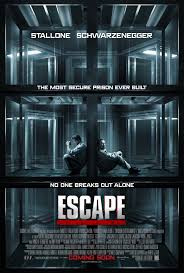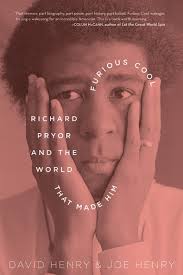Contrary to popular belief (my parents), heavy metal and hard rock tend to be conservatively minded genres. No, Ted Nugent is not an outlier, he is the norm. A very outspoken norm granted, but the norm nonetheless. Look no further than Axl Rose’s distrust of immigrants, or Megadeth’s well known born again beliefs, and I’m still not totally sure if Ozzy’s “Thank God for the Bomb” is meant to be ironic or not. Iron Maiden glorifies war, at least the British ones, and even fall into the odd conservative belief that criminals have more rights than the innocent in modern society. These bands are rebellious for sure, but as the Tea Party has showed us (maybe?), conservatives can be rebels too. So then, why is the song “Breaking the Law” by Judas Priest so unique? At first listen, it simply sounds like an empty, clichéd anthem for teen angst and misguided rebellion. But if examined a bit more closely, you might find that it’s one of the most liberal-minded popular heavy metal songs out there.
There aren’t a ton of lyrics, two verses and a repeating one-line chorus, so this shouldn’t take too long.
“There I was completely wasting, out of work and down.
All inside, it’s so frustrating as I drift from town to town.”
Right away, the first thing you should notice is that these are grown up problems. Out of work? What skeezy metal kid gives a shit about being out of work? It’s kind of hard to be anti-establishment when you’re bagging groceries at the Safeway. No, these first two lines are establishing a certain desperation in our protagonist.
“Feel as though nobody cares if I live or die
So I might as well begin to put some action in my life.
Breaking the law, breaking the law.”
Okay, that first line is pretty angsty. But justifiably angsty. We’ve got an out of work drifter who’s got no prospects and nobody who cares about him. His reaction? Turn to crime. At least then there’s some action, and furthermore, there’s potentially food and shelter as well. Judas Priest is actually saying that poverty creates crime. Holy shit. What a radical notion.
The second verse delves deeper, though staying simplistic, into the band’s critique of a class-based society.
“So much for the golden future, I can’t even start.
I’ve had every promise broken, there’s anger in my heart.
You don’t know what it’s like, you don’t have a clue.
If you did you’d find yourself doing the same thing too.
Breaking the law, breaking the law.”
The “golden future” doesn’t exist for the poor, only the wealthy. The song is suggesting that people who criticize criminals don’t understand, because they’re fundamentally incapable of understanding. If you’ve never been poverty stricken, you’ve never been truly desperate, then how can you hope to relate to the mind of the criminal? “Breaking the Law’s” uniqueness stems from it’s recognition that not all criminals are crazy or psychopaths, but people who feel they have no other choice. What an incredibly civil minded notion from the same band that sang “Turbo Lover.”
Musically, this song has more in common with punk than metal. It’s closer to The Ramones than Dio. Note that there’s no guitar solo, only a police siren and breaking bottles playing over hanging power chords. “Breaking the Law” is stripped down, angry, and not interested in any fluff or frills. The only point is to get across just how angry they are about the class warfare they perceive being waged.
Why is Judas Priest more liberally minded then their contemporaries? It’s tough to say, though a lot of it might be that they’re not really the contemporaries of a lot of heavy metal bands. Priest and Black Sabbath, the more liberal of the genre come from the 1970’s, while heavy metal as a whole really reached it’s zenith in popularity in the 1980’s, when conservatism reigned supreme. (A brief side note, I know that Iron Maiden was formed in the 70’s as well, but for this purpose I’m referencing Bruce Dickinson era Maiden which started in the 80’s.) Another explanation, I suppose, could be that Rob Halford, Judas Priest’s singer, is the only openly gay singer from a mega successful heavy metal band. Though I hesitate to say that has anything to do with it because I’m hesitant to say that all gay people are liberals. I’m sure there are plenty that don’t give a shit about the unholy marriage of poverty and crime.
So then what is it? Me reading too much into this? Yeah, probably.
At any rate, the video certainly doesn’t help my argument.





